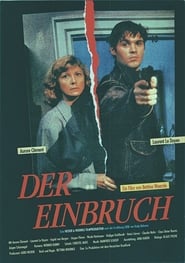detail profile j c3 bcrgen flimm
Peran Yang Di Mainkan Jürgen Flimm
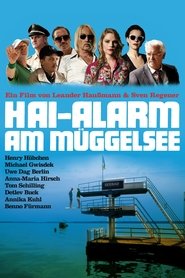 A lifeguard at Lake Mggel has...
A lifeguard at Lake Mggel has...Shark Alarm at Müggel Lake 2013
A lifeguard at Lake Müggel has his hand bitten off and the marks indicate a shark attack. The lake is closed to the public by extending a local festival indefinitely while the city council thinks of what can be done to remove the shark. The public becomes restless having their lake closed for so long and come up with a plan to drive the shark from the lake with large quantities of beer.
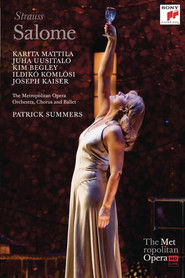 It is no wonder that Met...
It is no wonder that Met...Strauss: Salome 2008
It is no wonder that Met audiences have gone wild over Karita Mattila’s sizzling Salome. Indisputably one of the greatest Salomes of our time, Mattila utterly incarnates Oscar Wilde’s petulant, willful, and lust-driven heroine. With Strauss’s groundbreaking music magnifying the degenerate atmosphere and building the erotic tension, this is one opera that is as shocking today as it was at its premiere in 1905.
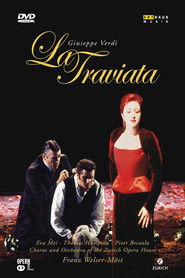 This DVD of a live 2005 performance...
This DVD of a live 2005 performance...Verdi La Traviata 2005
This DVD of a live 2005 performance from the Zürich Opera under the musical direction of Franz Welser-Möst has many things to recommend it -- the young tenor Piotr Beczala as Alfredo, the marvelous Thomas Hampson as Giorgio Germont, the playing of the Zurich Opera orchestra, the simple but effective sets by by Erich Wonder, the uncluttered stage direction by Jürgen Flimm. It also has some flaws: strangely variable volume level of the recorded sound sometimes coming on so loud as to make one reach for the volume control, and the uneven performance of the Violetta, Eva Mei who, for all her merits, gives a dramatically effective performance marred by occasional difficulties with vocal production. Still, overall I felt this was a moving production, one that I would recommend, although perhaps not as an only DVD of one of Verdi's most popular operas.
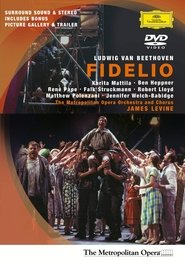 Two years prior to the opening...
Two years prior to the opening...Ludwig van Beethoven: Fidelio 2003
Two years prior to the opening scene, the nobleman Florestan has exposed or attempted to expose certain crimes of the nobleman Pizarro. In revenge, Pizarro has secretly imprisoned Florestan in the prison over which Pizarro is governor. The jailer of the prison, Rocco, has a daughter, Marzelline, and a servant (or assistant), Jaquino. Florestan’s wife, Leonore, came to Rocco’s door dressed as a boy seeking employment, and Rocco hired her. On orders, Rocco has been giving Florestan diminishing rations until he is nearly starved to death. Place: A Spanish state prison, a few miles from Seville; Time: Late 18th century.
 One of the chief pleasures of...
One of the chief pleasures of...Otello 2001
One of the chief pleasures of this live production of Otello from the Berlin Staatsoper Unter den Linden is Daniel Barenboim's conducting. From the opening gale-force blast of storm music, through the crunching and stabbing accompaniment of Iago's "Credo" to the shimmering strings of Desdemona's "Willow Song", he doesn't miss a trick. Everything works at the highest pitch of intensity and the orchestra sticks to his beat like glue. It's a necessary compensation for the shortcomings of the staging: the stolid chorus remains unperturbed by the storm and is directed to perform with unison movements; the acting (apart from Valeri Alexejev) is non-committal, and Alexandre Tarta's video direction somewhat flat-footed. She doesn't manage to make much small-screen sense of an impenetrably murky opening scene, for example, and doesn't seem fond of reaction shots.
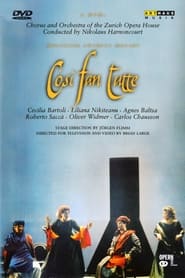 A production of Mozarts opera recorded...
A production of Mozarts opera recorded...Mozart: Così Fan Tutte (Zurich Opera House) 2000
A production of Mozart's opera recorded live at Zurich Opera House in 2000. Cecilia Bartoli leads an all-star cast including Roberto Saccà, Liliana Nikiteanu, and Agnes Baltsa. The conductor is Nikolaus Harnoncourt. Filmed live at the Zurich Opera House in February 2000 on a set which visualises the subtitle "The School for Lovers", the plot revolves around two army officers arguing about the fidelity of their brides, then setting out to test their chastity. Despite the often playful humour, this is not only psychologically telling music-making, but reveals Mozart exploring the structure of opera, discarding convention to mix large ensemble sections with arias for as many different combinations of singers as possible. With Liliana Nikiteanu attractively contrasted with Bartoli, and thoroughly convincing performances by Roberto Sacca (Ferrando) and Oliver Widmer (Guilelmo), this Così has a freshness and flow which, coupled with the timeless romantic themes, feels very contemporary.
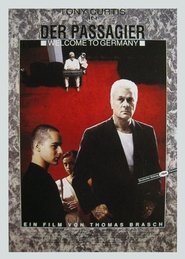 An American filmmaker travels to modern...
An American filmmaker travels to modern...The Passenger – Welcome to Germany 1988
An American filmmaker travels to modern day Berlin to make a film based on a real-life incident from 1942 in which 13 Jewish prisoners from a concentration camp were promised freedom if they appeared in a German propaganda film. Unfortunately, the Germans lied. The psychological process undergone by the modern filmmaker while shooting the story provides the basis of this arty and challenging film.
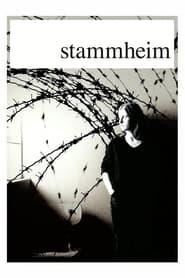 Based on the research for his...
Based on the research for his...The Baader-Meinhof Gang on Trial 1986
Based on the research for his non-fiction book "Der Baader-Meinhoff-Komplex", "Spiegel" journalist Stefan Aust wrote the screen play to Reinhard Hauff’s controversial feature film that re-narrates the startling trial against the RAF terrorists Baader, Meinhoff, Ensslin, and Raspe. The trial that started in May 1975 in the Stammheim maximum-security prison extended over 192 days and ended with a lifetime sentence for all defendants.
 The subject of this historical drama...
The subject of this historical drama...Angels of Iron 1981
The subject of this historical drama is a splintering Berlin in the years of 1948 and 1949. Played against the backdrop of social upheaval, the characters in the drama come to epitomize the best and worst of each pole of the political sphere. A 17-year-old hoodlum by the name of Gladow works hand-in-glove with a local white-collar criminal to rob and pillage every day and night, defying capture. While he and his gang of thugs are terrorizing the people of Berlin, the Soviets are trying to make the blockade of their region of control impermeable. The future casts long shadows over the drama, as Berlin's problems take the shape of times to come.
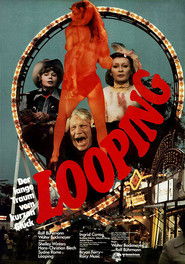 A small carnival is in dire...
A small carnival is in dire...Looping 1981
A small carnival is in dire financial straits. Their show is attracting fewer and fewer paying customers, as their "attractions" are ageing, out of shape and beset by internal feuds and bickering. One day a beautiful young woman shows up and suggests a way of attracting customers: put on a strip show, with her as the main attraction. Her act attracts customers in droves, but it turns out that the girl has her own agenda, and it isn't to help out the carnival.
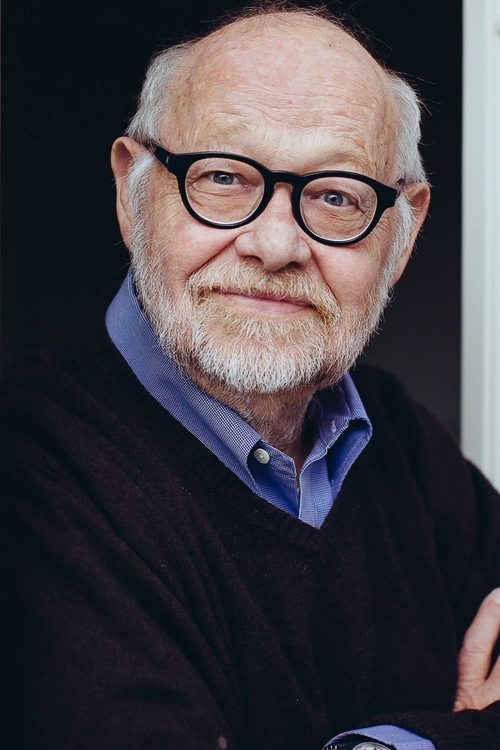
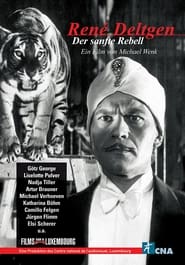
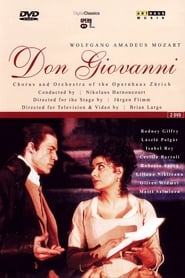 Live 2001 production from the Zurich Opera...
Live 2001 production from the Zurich Opera...